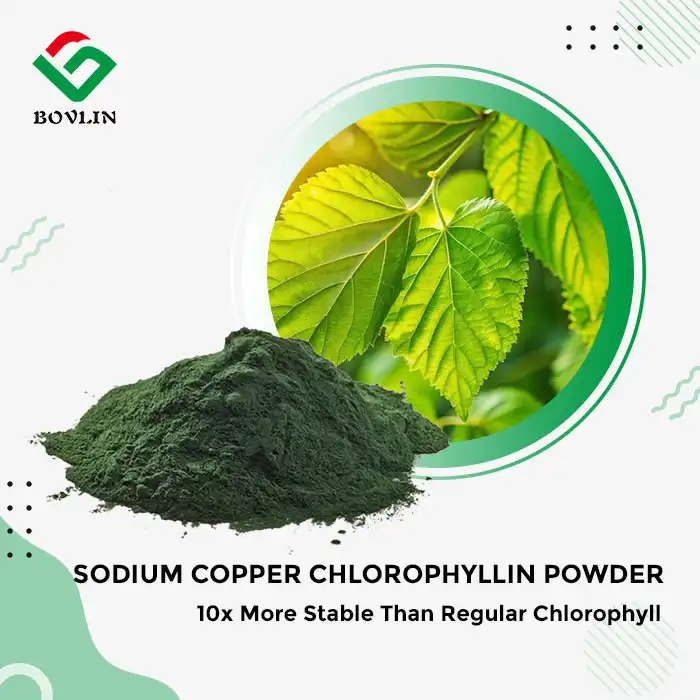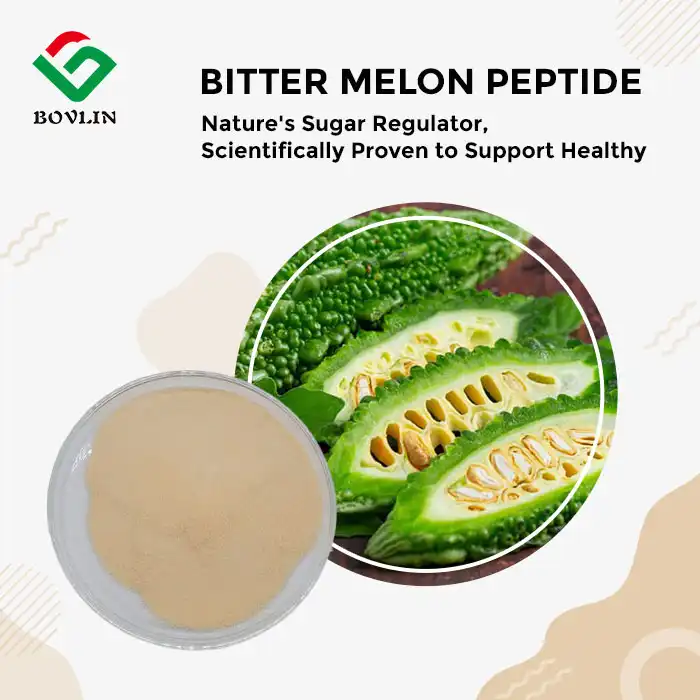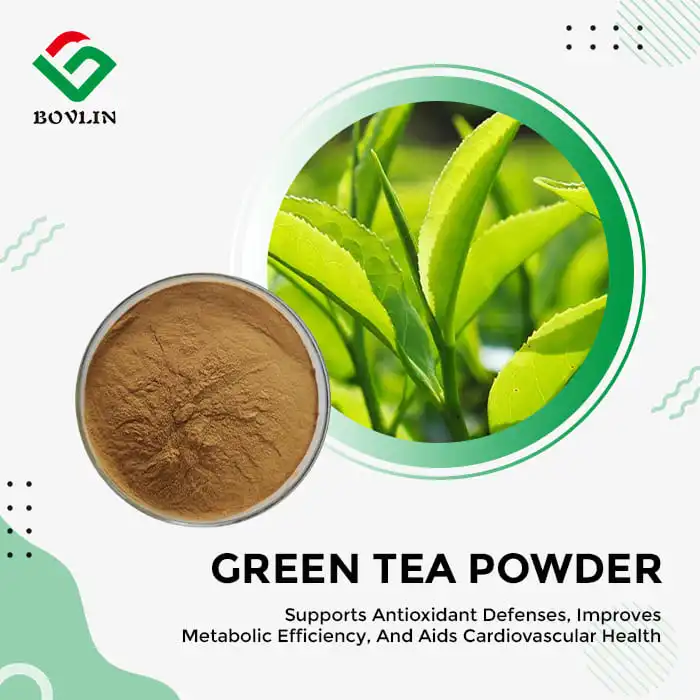Which Industries Benefit Most from Hydrolyzed Corn Protein?
Food and Beverage Sector
The food and beverage industry is perhaps the largest beneficiary of hydrolyzed corn protein powder. Its umami-enhancing properties make it an excellent flavor enhancer in savory products like soups, sauces, and snacks. Moreover, its emulsifying capabilities contribute to improved texture and stability in various food formulations. Plant-based meat alternatives often incorporate hydrolyzed corn protein to mimic the taste and texture of animal proteins, catering to the growing vegan and vegetarian markets.
Cosmetics and Personal Care
In the cosmetics and personal care sector, hydrolyzed corn protein powder, also known as corn peptide, finds extensive use due to its moisturizing and film-forming properties. Hair care products, in particular, benefit from their ability to strengthen and condition hair strands. Skincare formulations utilize the protein's hydrating effects to improve skin elasticity and reduce the appearance of fine lines. The natural origin of hydrolyzed corn protein aligns well with the clean beauty trend, making it a popular choice among eco-conscious consumers.
Pharmaceutical and Nutraceutical Industries
The pharmaceutical and nutraceutical sectors leverage hydrolyzed corn protein powder for its nutritional value and bioavailability. As a hypoallergenic protein source, it's used in specialized nutritional formulas for individuals with dietary restrictions or allergies. The powder's amino acid profile makes it valuable in sports nutrition products, supporting muscle recovery and growth. Additionally, its easy digestibility makes it suitable for medical nutrition formulations designed for patients with compromised digestive systems.
Food, Cosmetic, and Pharmaceutical Use Cases
Enhancing Flavor Profiles in Food Products
In the food industry, hydrolyzed corn protein powder serves as a natural flavor enhancer, particularly in savory applications. Its glutamic acid content contributes to the umami taste, intensifying flavors without the need for excessive salt or artificial additives. Snack manufacturers use it to create bold, complex flavor profiles in chips and crackers. Soup and sauce producers incorporate the powder to add depth and richness to their products, enhancing mouthfeel and overall taste experience.
Improving Texture and Functionality in Cosmetics
Cosmetic formulators utilize hydrolyzed corn protein powder, including hydrolyzed corn protein for hair, to improve the texture and functionality of various personal care products. In shampoos and conditioners, it forms a protective film on hair strands, enhancing shine and manageability. Skincare products benefit from their moisture-binding properties, which help to improve skin hydration and elasticity. The protein's film-forming abilities also make it useful in nail care products, strengthening and protecting nail surfaces.
Nutritional Support in Pharmaceutical Formulations
In the pharmaceutical sector, hydrolyzed corn protein powder plays a crucial role in nutritional support formulations. Its hypoallergenic nature makes it suitable for specialized dietary products designed for individuals with food sensitivities. The powder's balanced amino acid profile contributes to its use in enteral nutrition formulas, providing essential nutrients to patients unable to consume solid foods. Additionally, its easy digestibility makes it valuable in post-operative nutritional support, aiding in patient recovery and tissue repair.

Innovations in Clean Label and Sustainable Product Development
Plant-Based Alternatives and Clean Label Products
The clean label trend has spurred innovation in product formulations using hydrolyzed corn protein powder. Food manufacturers are replacing synthetic additives with this natural ingredient to meet consumer demands for cleaner, more transparent labels. In the plant-based food sector, hydrolyzed corn protein is instrumental in developing meat alternatives that closely mimic the taste and texture of animal proteins. Its functional properties allow for the creation of products that not only meet nutritional requirements but also satisfy consumer expectations for taste and mouthfeel.
Sustainable Sourcing and Production Practices
Sustainability is a growing focus in the production and sourcing of hydrolyzed corn protein powder. Manufacturers are implementing more environmentally friendly production processes, such as using renewable energy sources and optimizing water usage. There's also an increasing emphasis on sourcing corn from sustainable agriculture practices, including non-GMO and organic farming methods. These initiatives not only reduce the environmental impact but also appeal to eco-conscious consumers and businesses committed to sustainable product development.
Technological Advancements in Processing
Technological innovations in the processing of hydrolyzed corn protein powder are enhancing its functionality and expanding its applications. Advanced enzymatic hydrolysis techniques allow for more precise control over the degree of hydrolysis, resulting in proteins with specific functional properties tailored to different applications. Microencapsulation technologies are being explored to improve the stability and bioavailability of the protein in various formulations. These advancements are opening up new possibilities for product development across the food, cosmetic, and pharmaceutical industries.

Conclusion
Hydrolyzed corn protein powder stands as a versatile and valuable ingredient across multiple industries. Its applications span from enhancing food flavors to improving cosmetic textures and supporting pharmaceutical formulations. As the demand for plant-based, clean-label, and sustainable products continues to grow, hydrolyzed corn protein powder is poised to play an increasingly important role in product development. Its natural origin, functional properties, and nutritional benefits make it an ideal choice for manufacturers looking to innovate and meet evolving consumer preferences.
Contact Us
Are you interested in incorporating hydrolyzed corn protein powder into your product formulations? Discover how our high-quality, sustainably sourced hydrolyzed corn protein can enhance your products. Contact us at sales1@bovlin.com to learn more about our offerings and how we can support your innovation efforts.











